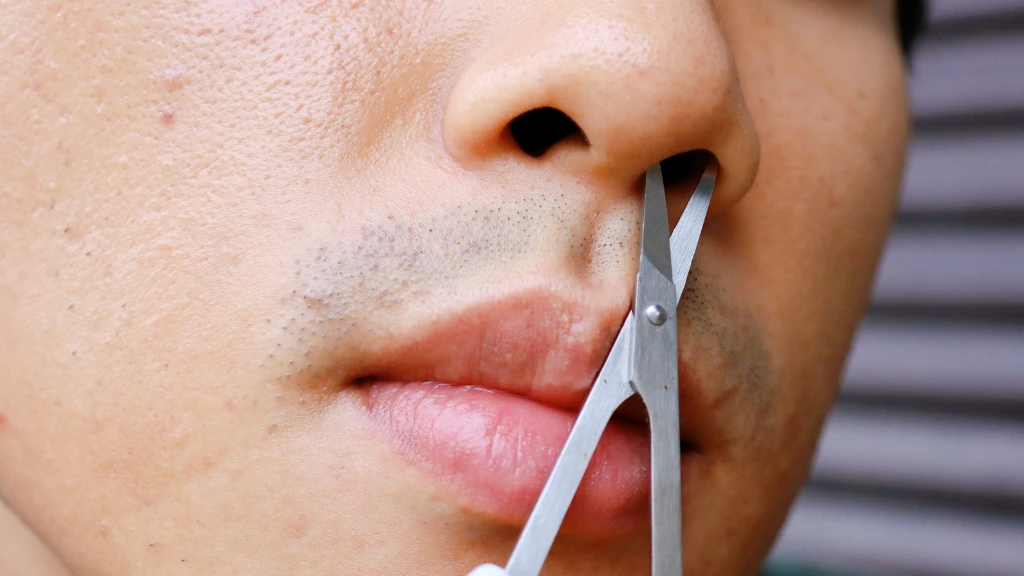A night of indulgence can leave you feeling groggy, nauseous, and downright miserable the next day. For fitness enthusiasts or anyone seeking relief, the question arises: Can exercise help alleviate hangover symptoms?
Let’s break down what happens to your body after a night of drinking and whether sweating it out is the remedy you need.
You May Also Like: How to Be an Ethical Omnivore?
What Happens to Your Body During a Hangover?
A hangover is the result of alcohol’s effects on the body. The symptoms—headache, fatigue, dehydration, nausea, and brain fog—are your body’s response to:
- Dehydration: Alcohol is a diuretic, causing your body to lose fluids faster.
- Toxin Build-up: Your liver works overtime to break down ethanol, producing acetaldehyde, a compound more toxic than alcohol itself.
- Electrolyte Imbalance: Fluid loss disrupts essential electrolytes, causing fatigue and muscle cramps.
- Sleep Disruption: Alcohol interrupts deep REM sleep, leaving you exhausted.
With this in mind, does exercise have a role in speeding up recovery?
The Case for Exercising While Hungover
1. Boosting Endorphins
Exercise releases endorphins—your body’s natural feel-good chemicals. A light workout might help improve your mood and reduce the headache or lethargy that comes with a hangover.
2. Improving Circulation
Exercise increases blood flow, delivering oxygen and nutrients to cells. This could help your body process toxins faster and reduce that sluggish feeling.
3. Reducing Inflammation
Alcohol consumption triggers inflammation in the body. Exercise, particularly low-intensity activities like yoga or walking, can counteract this by lowering inflammatory markers.
4. Distracting the Mind
Sometimes, a hangover feels worse because you focus on the discomfort. A short workout can act as a mental distraction, keeping you from dwelling on the symptoms.
The Risks of Exercising Hungover
While exercise offers benefits, working out hungover isn’t always the best idea. Here’s why:
1. Dehydration Risk
Alcohol dehydrates you, and exercise can make it worse. Sweating without replenishing fluids could lead to dizziness, cramping, or even heatstroke.
2. Lack of Energy
With depleted glycogen stores and disrupted sleep, your body lacks the energy to perform well during exercise. This can lead to fatigue or poor workout form, increasing the risk of injury.
3. Increased Stress on the Body
Your liver is already under strain processing alcohol. Adding intense exercise can further stress your system, slowing recovery.
4. Nausea and Dizziness
Elevated heart rate and movement during exercise may worsen nausea or dizziness, common hangover symptoms.
Best Types of Exercise for a Hangover
If you decide to exercise, opt for gentle, low-intensity activities. These can provide benefits without overtaxing your body:
1. Yoga
Yoga is excellent for improving circulation, reducing inflammation, and calming the mind. Simple poses like child’s pose or cat-cow can ease nausea and promote relaxation.
2. Walking
A leisurely walk outdoors can help clear your head, boost your mood, and gently increase blood flow.
3. Stretching
Dynamic stretches can help relieve muscle stiffness and improve circulation without overexerting your body.
4. Swimming
Light swimming can feel refreshing and provide low-impact movement. The buoyancy of water reduces strain on your body.
5. Pilates or Bodyweight Exercises
Low-intensity Pilates or bodyweight exercises like planks or lunges can provide a mild endorphin boost without being overly taxing.
What to Avoid
Certain exercises are best skipped while hungover:
- High-Intensity Workouts: Avoid activities like HIIT or long runs. These can strain your already fatigued body.
- Heavy Weightlifting: With compromised energy levels, lifting heavy weights increases the risk of injury.
- Endurance Training: Long cardio sessions can exacerbate dehydration and fatigue.
Prepping for a Hungover Workout
If you’re determined to exercise, take these steps to minimize risks and maximize benefits:
1. Hydrate First
Before working out, drink plenty of water or a rehydration solution to replace lost fluids and electrolytes.
2. Eat Something Light
Refuel with easily digestible carbs like a banana or toast. This replenishes glycogen and gives you energy to exercise.
3. Start Slow
Begin with a light warm-up. Pay attention to how your body feels. If symptoms worsen, stop immediately.
4. Take Breaks
Don’t push through if you feel dizzy or unwell. Rest when needed and prioritize recovery.
Other Ways to Speed Up Hangover Recovery
Exercise isn’t the only tool for beating a hangover. Combine it with these remedies for a holistic approach:
1. Stay Hydrated
Sip water, coconut water, or electrolyte drinks throughout the day. Avoid caffeine, as it can worsen dehydration.
2. Eat a Balanced Meal
Include foods rich in vitamins and minerals. Eggs, avocados, bananas, and whole grains can replenish nutrients and stabilize blood sugar.
3. Get Fresh Air
Spending time outdoors can improve mood and boost energy levels.
4. Sleep It Off
If possible, allow yourself extra rest to recover from alcohol’s effects on sleep.
So, Does Exercise Help?
The answer depends on how you feel. Exercise can boost endorphins, improve circulation, and provide a mental distraction, but only if done in moderation. For severe hangovers, rest, hydration, and nutrition should take priority. Listen to your body and remember—there’s no shame in skipping a workout to focus on recovery.
Next time, consider drinking in moderation and staying hydrated to avoid the dreaded hangover altogether. Until then, a gentle walk or some light yoga might be just what you need to bounce back.












[…] You May Also Like: You’re Hungover. Can Exercise Help? […]